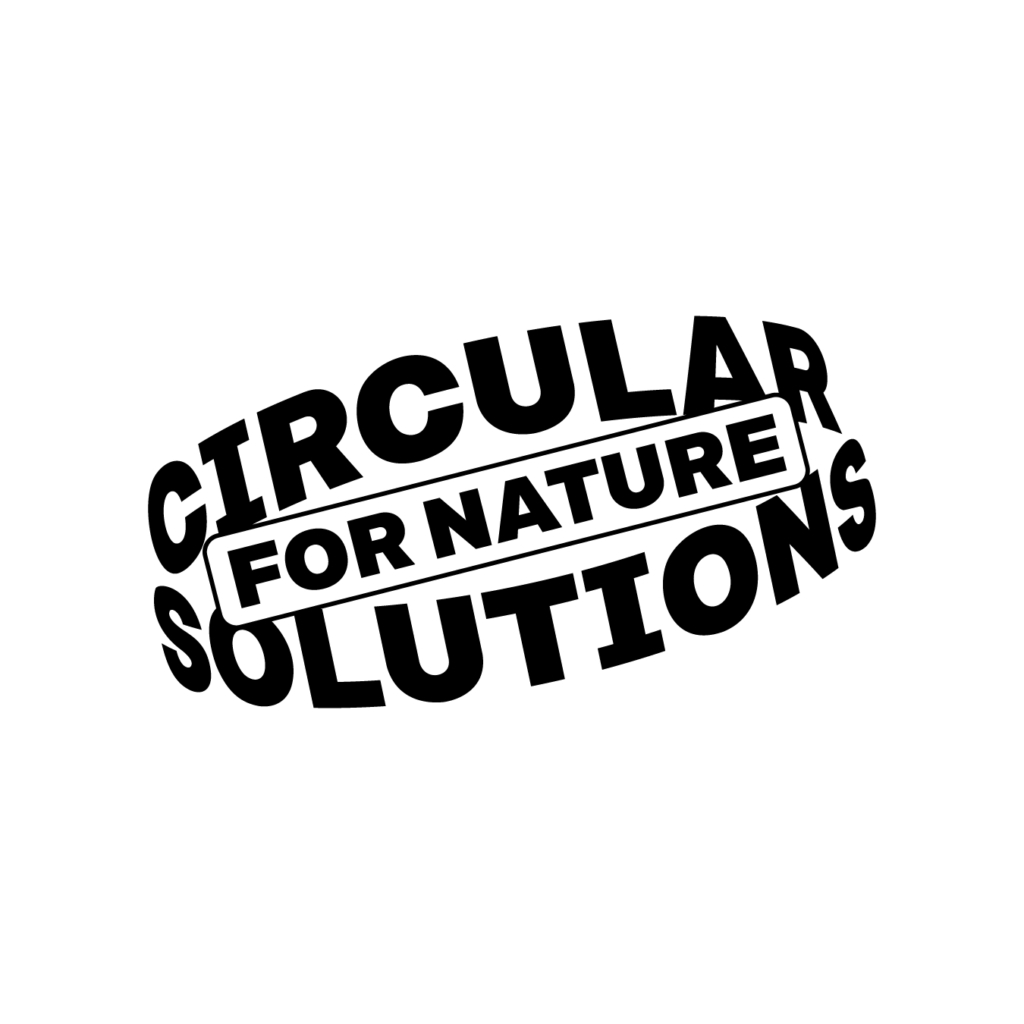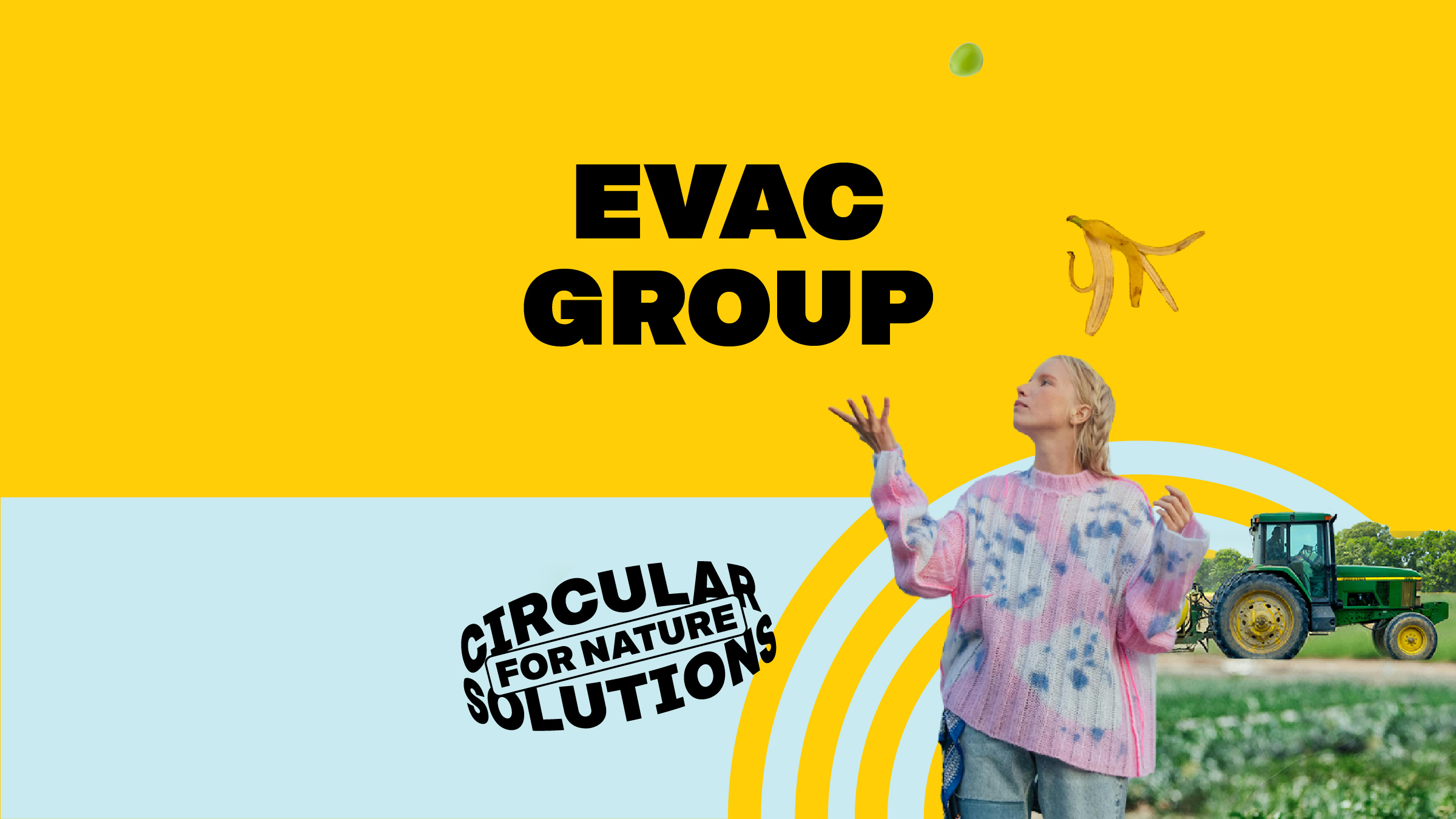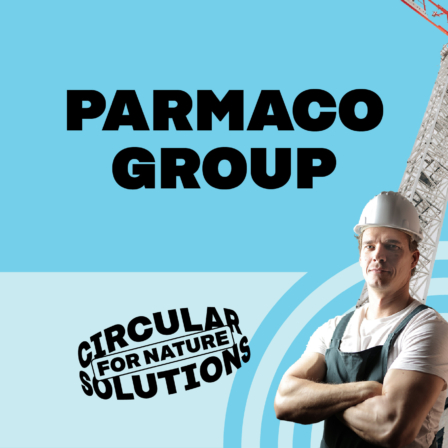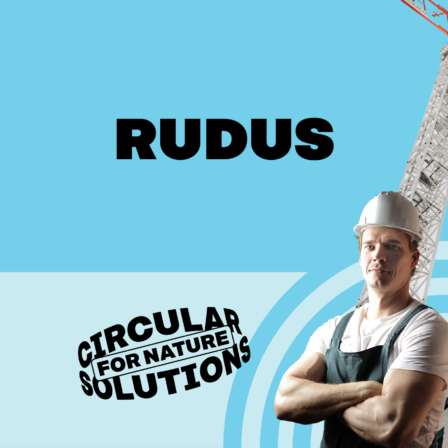Problem
Pollution is a major challenge for the world’s oceans. Plastics have received considerable attention in recent years, but nutrient pollution and toxicity are often overlooked. The maritime industry, including cruise ships, is a large contributor to this problem. At the same time, the nutrient value from ships is often wasted, rather than being used according to circular principles.
Solution
Evac Group handles ships’ organic wet waste (biosludge from wastewater and biowaste from restaurants), transforming it into biochar through a process called hydrothermal carbonisation. This patented solution, Evac HydroTreat, enables Evac’s maritime customers to turn waste into a valuable product, instead of incinerating the waste or dumping it into the ocean. The end product of the process, biochar, can be used for building soils, making them more fertile and drought-resistant.
Waste management is often dismissed as something that happens if other circularity efforts have failed. However, some waste, such as biosludge, is inevitable, and efforts to extract more value from these streams are of great importance.
Riku Sinervo and Tim Forslund, Sitra
Biodiversity impacts
By reducing the discharge of untreated waste into the ocean, Evac can help avoid excess nutrients and toxic compounds from wastewater from entering the ocean, tackling a major contributor to marine pollution. The solution also helps to close the nutrient cycle, by using the nutrients in wet waste as a resource and natural input (biochar) for rebuilding soils, which can hold as much as a quarter of biodiversity.
Biochar can also help reduce nitrogen leaching from agricultural soil into waterways, store carbon and reduce the emissions of N2O, a potent greenhouse gas.
Benefits for the company
By making use of ships’ organic wet waste, Evac can help customers reduce the costs associated with waste collection and instead generate value from the wet waste through the biochar, which also benefits farmers by offering a natural input for rebuilding soils. In addition, the solution helps cruise companies avoid being penalised by more stringent regulation.

































